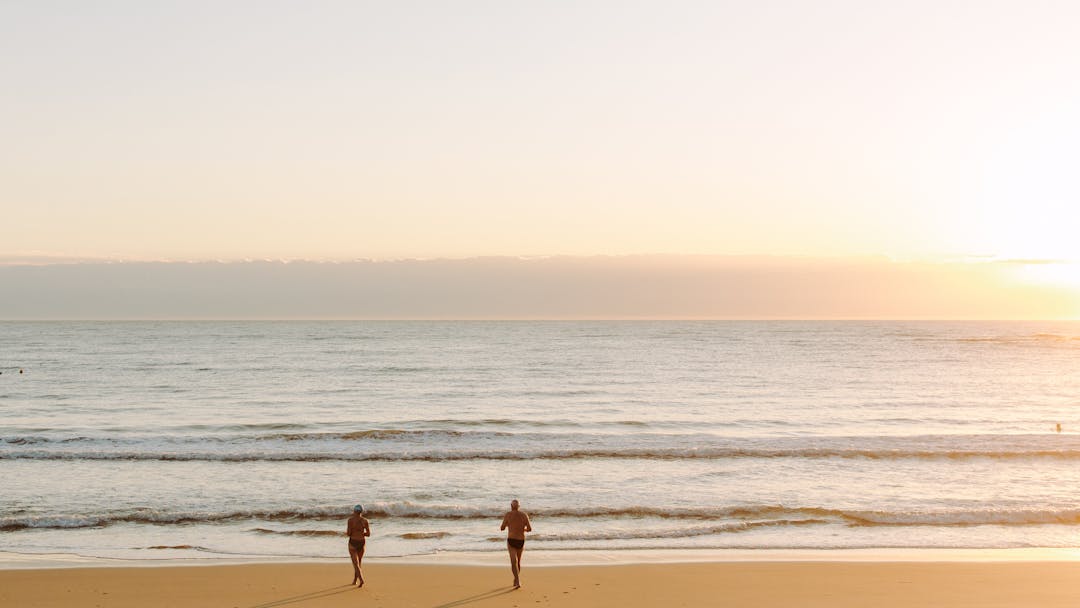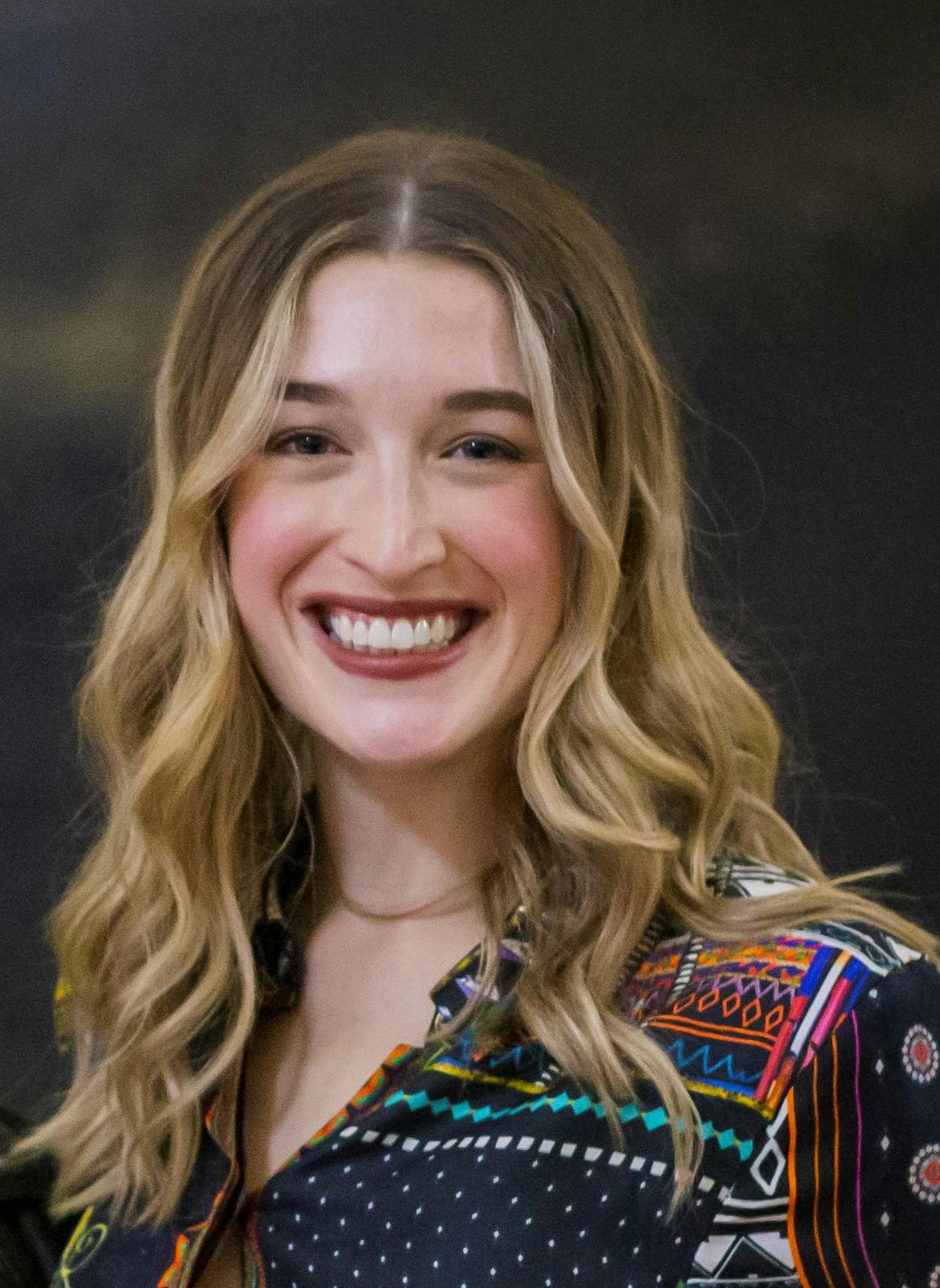Mental Health Community of Practice

Welcome to the Mental Health Community of Practice.
According to data from the First Insights from the National Study of Mental Health and Wellbeing, 2020- 21, 3.4 million Australians saw a health professional for their mental health, and only 13% of Australians saw a GP for their mental health.
General Practice can be a place for patients to seek help for mental ill-health. All members of general practice staff are in a position to support patients through difficult times.
This group is designed for primary care professionals to ask questions through the forum, read news articles or research that may be of interest, brainstorm ideas, and learn from each other, not to share personal stories of recovery or illness.
For a list of help-seeking support numbers, visit the Important links tab.
Welcome to the Mental Health Community of Practice.
According to data from the First Insights from the National Study of Mental Health and Wellbeing, 2020- 21, 3.4 million Australians saw a health professional for their mental health, and only 13% of Australians saw a GP for their mental health.
General Practice can be a place for patients to seek help for mental ill-health. All members of general practice staff are in a position to support patients through difficult times.
This group is designed for primary care professionals to ask questions through the forum, read news articles or research that may be of interest, brainstorm ideas, and learn from each other, not to share personal stories of recovery or illness.
For a list of help-seeking support numbers, visit the Important links tab.
-
LGBTQIA+ Mental Health
Share LGBTQIA+ Mental Health on Facebook Share LGBTQIA+ Mental Health on Twitter Share LGBTQIA+ Mental Health on Linkedin Email LGBTQIA+ Mental Health link
Why is it important?
A higher proportion of members of the LGBTIQ+ community meet the criteria for experiencing a major depressive disorder and report high or very high levels of psychological distress, suicidal ideation, and suicide attempts compared to heterosexual people, these are magnified in young people:
- Compared to the general population, LGBTIQ+ young people aged 16-17 years old were almost three times more likely to have attempted suicide in the past 12 months
- LGBTIQ+ people are two and a half times more likely to have been diagnosed or treated for a mental health condition in the past 12 months
- LGBTIQ+ people are nearly six times more likely to experience and be diagnosed with depression
- LGBTQI+ young people aged 16-17 years old were over three times more likely (83.3%) to report high or very high levels of psychological distress
Where can I access more information?
Wear It Purple day (Friday 26th August) strives to foster supportive, safe, empowering and inclusive environments for rainbow young people. Resources can be accessed here. Consider wearing purple on the day to show support!
ACON has a number of Pride Training available here.
-
In Their Words: How to support young people in suicidal distress
Share In Their Words: How to support young people in suicidal distress on Facebook Share In Their Words: How to support young people in suicidal distress on Twitter Share In Their Words: How to support young people in suicidal distress on Linkedin Email In Their Words: How to support young people in suicidal distress link
This report reveals that young people in distress or experiencing suicidal ideation need alternatives to emergency departments.
The report is based on consultations with 85 young people, 13 youth suicide prevention and mental health organisations, and a review of published research. The report outlines a set of recommendations for government to implement to better respond to youth suicide and self-harm.
Read the full report.
-
New telepsych clinic pilot to give Australians faster access to vital mental health services
Share New telepsych clinic pilot to give Australians faster access to vital mental health services on Facebook Share New telepsych clinic pilot to give Australians faster access to vital mental health services on Twitter Share New telepsych clinic pilot to give Australians faster access to vital mental health services on Linkedin Email New telepsych clinic pilot to give Australians faster access to vital mental health services linkTo help people access mental health support faster, Medibank has partnered with Myhealth and Medinet to trial a telepsychology clinic to reduce wait times from up to 3 months to just 2 weeks.
Find out more - Telepsych pilot
-
Recognise and Respond - Suicide prevention in everyday life
Share Recognise and Respond - Suicide prevention in everyday life on Facebook Share Recognise and Respond - Suicide prevention in everyday life on Twitter Share Recognise and Respond - Suicide prevention in everyday life on Linkedin Email Recognise and Respond - Suicide prevention in everyday life link
The impact of suicide across a community can be devastating. Talking to someone about suicide may feel like one of the hardest things you’ll ever do, but it could also be one of the most important conversations you’ll ever have. Recognise and Respond is a new online 1-hour course to provide you with the skills and confidence to have a life-saving conversation with a colleague, friend, or family member who may be at risk of suicide.
Find out more at: Recognise & Respond
-
Help-seeking support
Share Help-seeking support on Facebook Share Help-seeking support on Twitter Share Help-seeking support on Linkedin Email Help-seeking support linkIf you, or someone you know needs help now, please call 000 or reach out to the support numbers and helplines below.
Lifeline: 13 11 14
Beyond Blue: 1300 224 636
MensLine: 1300 789 978

-
Safe Havens - Alternate to ED
Share Safe Havens - Alternate to ED on Facebook Share Safe Havens - Alternate to ED on Twitter Share Safe Havens - Alternate to ED on Linkedin Email Safe Havens - Alternate to ED link
A Safe Haven is a place a patient can go if they’re feeling distressed or having suicidal thoughts.
They can talk to a peer-support worker who may have experienced what they’re going through, or to a mental health professional.
Visiting and speaking with someone at a Safe Haven is free and you don’t need an appointment.
Find Safe Havens in the Hunter, New England and Central Coast region: Safe Haven, Towards Zero Suicides.
-
Free SafeSide - suicide prevention workforce training
Share Free SafeSide - suicide prevention workforce training on Facebook Share Free SafeSide - suicide prevention workforce training on Twitter Share Free SafeSide - suicide prevention workforce training on Linkedin Email Free SafeSide - suicide prevention workforce training linkCLOSED: This discussion has concluded.
The PHN is offering an opportunity to join other primary care and allied health professionals in a four-hour, hosted InPlace workshop, taking the self-paced and team sessions out of the equation. SafeSide will deliver the guided workshop with the aim to upskill individual primary care and allied health professionals in the SafeSide framework. Following the workshop you will receive a certificate for your attendance, along with access to a yearly subscription, funded by The PHN.
Workshops are currently available on:
-
Older Australian mental health intervention program
Share Older Australian mental health intervention program on Facebook Share Older Australian mental health intervention program on Twitter Share Older Australian mental health intervention program on Linkedin Email Older Australian mental health intervention program link
If you have a patient that is over 65 years old, or 55 years old if they identify as Aboriginal or Torres Strait Islander, then this mental health program may the right fit.
Kinetic Medicine, based on the Mid-Coast is delivering the HEAL program in areas such as: Forster, Taree, Wingham, Gloucester, Port Stephens and others.
If you would like more information or have an eligible patient, find out more at: Heal Program — Kinetic Medicine | Exercise Physiology to Help You Get Better. Stay Better. Live Better.
-
Mind Health Service
Share Mind Health Service on Facebook Share Mind Health Service on Twitter Share Mind Health Service on Linkedin Email Mind Health Service linkWith the holiday period fast approaching we wanted to share some information on our MindHealth service.
MindHealth is a PHN funded, low intensity counselling service, available online or via phone for anyone living or working in Hunter, New England, and Central Coast.
It’s free to access and operates Monday - Saturday 7am-9pm.
More info at: https://mindhealth.org.au/
Who's Listening
-

Email hbeamish@thephn.com.au
Important Links
- Help-seeking numbers and links
- Mind Health Service
- Hunter, New England and Central Coast PHN – Mental Health services
- Hunter, New England and Central Coast PHN - Youth Mental Health services
- Embrace – Multicultural Mental Health
- National Mental Health Commission
- Everymind – Life in Mind and Mindframe programs
Key Dates
-
08 September 2022
-
10 September 2022
-
01 October 2022
-
01 October 2022
-
10 October 2022
-
07 November 2022


